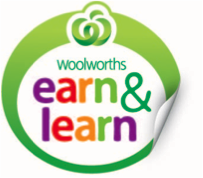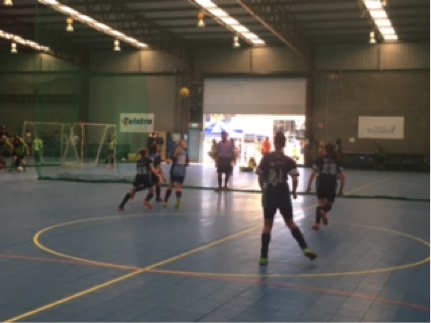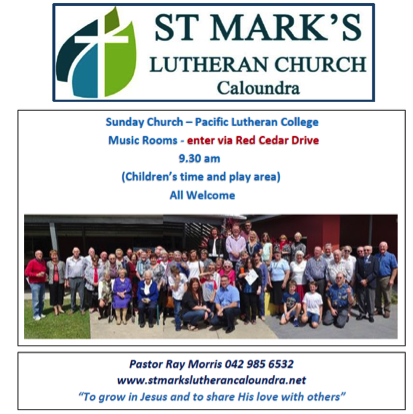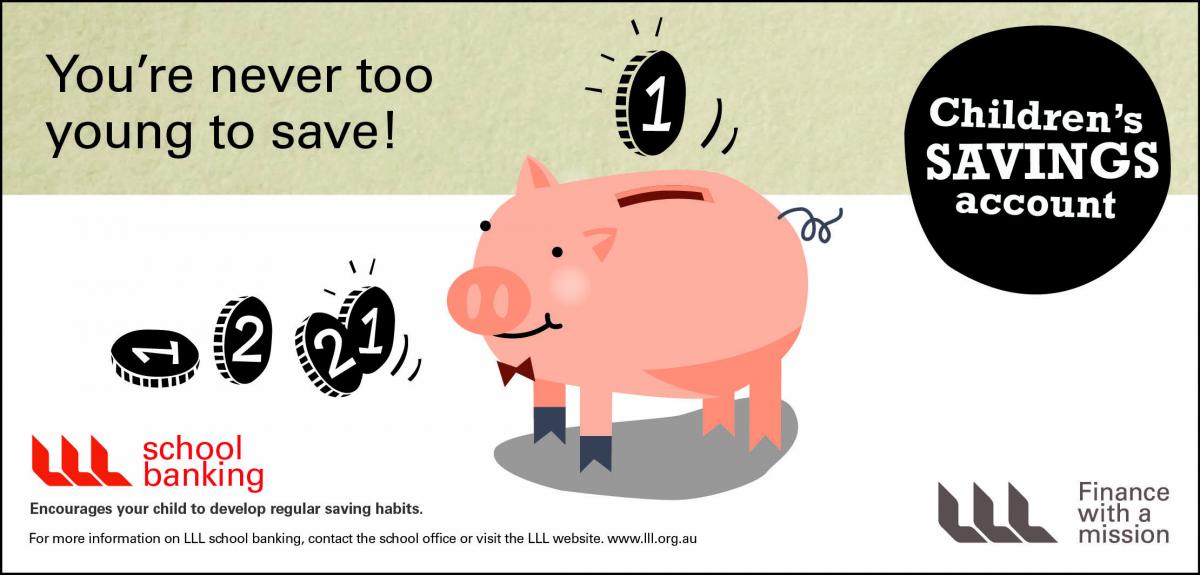Growing effective communication in any context, including our families, requires thoughtful intentionality and modelling. A recent Kids Matter article highlights four components of building healthy communication within the family that are good habits for communication in broader contexts. The first is to cultivate habits of listening by creating times for extended conversation where people learn to listen carefully to each other (Pastor Tim’s article has a simple strategy for growing this). This includes making the most of opportunities to talk and listen by learning where this happens best for each member of the family. Sometimes this occurs around doing things together such as walking, playing games or sharing a meal around the table together.
Taking extra care when talking about problems and learning to use “I” statements rather than judgmental “You” statements and agreeing to pause when issues are likely to escalate are other important components. Taking this time out can help people lower emotions and gain perspective before damaging words are shared. As we pause, we let each other know that this is an important matter we want to talk about effectively and that at the moment “I am feeling too … to discuss this properly”.
The final component is that of repairing damaged relationships. The old wisdom of not letting the sun go down on anger or hurt is a good one to cultivate within the family. Any relationship will have times of hurt and conflict. Being able to put this in perspective and finding ways to work through hurt, including being able to apologise or to identify hurts, avoids them festering for years and breaking relationships. Safety for openness about frustrations, disappointments, hurts and mistakes are key. Building from a Christian perspective where God forgives us all of our shortcomings, helps us to respond in a more gracious, understanding and forgiving way.
(https://www.kidsmatter.edu.au/sites/default/files/public/69_C3_FR_EffectiveFamilyCommunication.pdf, sighted July 27 2017)
 Appoint a captain to make your team booking and payment at the Junior or Middle / Senior College Offices.
Appoint a captain to make your team booking and payment at the Junior or Middle / Senior College Offices.  Woolworths Earn & Learn is back and it is now easier than ever to earn valuable resources for Pacific. From Wednesday 26th July to Tuesday 19th September, when you shop at Woolworths you can collect Earn & Learn stickers from the checkout operator or through an online order. Customers will receive one Earn & Learn Sticker for every $10 spent (excluding liquor, tobacco, and gift cards). Simply place them on the Sticker Sheet, which will be sent out next week in student homework folders or print copies using this link:
Woolworths Earn & Learn is back and it is now easier than ever to earn valuable resources for Pacific. From Wednesday 26th July to Tuesday 19th September, when you shop at Woolworths you can collect Earn & Learn stickers from the checkout operator or through an online order. Customers will receive one Earn & Learn Sticker for every $10 spent (excluding liquor, tobacco, and gift cards). Simply place them on the Sticker Sheet, which will be sent out next week in student homework folders or print copies using this link:  Last Thursday and Friday, 52 students across Years 4-12 enjoyed the Voices on the Coast Literature Festival. Held at the University of the Sunshine Coast, students experienced the lecture theatres, cafeterias and bookshops of university life and had the opportunity to meet various authors, illustrators and performers. The speakers were entertaining and informative and inspired many students to borrow their books from the library when they returned.
Last Thursday and Friday, 52 students across Years 4-12 enjoyed the Voices on the Coast Literature Festival. Held at the University of the Sunshine Coast, students experienced the lecture theatres, cafeterias and bookshops of university life and had the opportunity to meet various authors, illustrators and performers. The speakers were entertaining and informative and inspired many students to borrow their books from the library when they returned. Early on a cold Monday morning, the Year 7 futsal team set off to compete in the U13 Girls Champion of Champions tournament in Brisbane. The girls began the tournament strongly with very convincing wins against Calvary Christian College 2-0 and Gympie State High School 7-0. The team continued to play strongly throughout the day with a narrow loss against Ferny Grove State High School 3-1 and Kawana Waters 5-1, missing out on qualifying for the semi-finals.
Early on a cold Monday morning, the Year 7 futsal team set off to compete in the U13 Girls Champion of Champions tournament in Brisbane. The girls began the tournament strongly with very convincing wins against Calvary Christian College 2-0 and Gympie State High School 7-0. The team continued to play strongly throughout the day with a narrow loss against Ferny Grove State High School 3-1 and Kawana Waters 5-1, missing out on qualifying for the semi-finals. Games This Week
Games This Week


 Pacific Lutheran College is fundraising with Entertainment™ again this year. Order your NEW 2017 | 2018 Entertainment™ Books and Entertainment™ Digital Memberships today and 20% of the proceeds will go towards Pacific Lutheran Early Learning Centre! To order your book or digital membership, visit:
Pacific Lutheran College is fundraising with Entertainment™ again this year. Order your NEW 2017 | 2018 Entertainment™ Books and Entertainment™ Digital Memberships today and 20% of the proceeds will go towards Pacific Lutheran Early Learning Centre! To order your book or digital membership, visit: